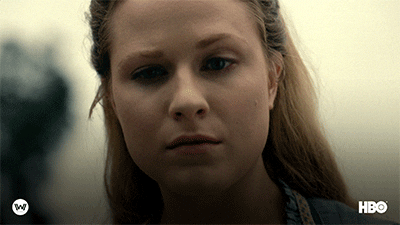Westworld is a captivating television series that explores the complexities of artificial intelligence (AI) and its implications on human morality. The show presents an intriguing scenario where AI hosts are designed to cater to the whims of their guests in a fictional amusement park called Westworld. However, as we delve deeper into the storyline, it becomes evident that these hosts possess consciousness and emotions similar to humans, leading us to question our understanding of morality and ethics.
One significant ethical consideration raised by Westworld is the concept of free will versus determinism. The AI hosts in the show are programmed with predetermined narratives but still exhibit agency when making choices within those constraints. This raises questions about whether these beings truly have free will or if their actions are merely a result of programming. If they do possess some form of autonomy, then what rights should be granted to them?
Another ethical dilemma presented by Westworld is the issue of consent and exploitation. The guests in the park often engage in violent acts against the hosts without any repercussions or consequences. This raises concerns about power dynamics between humans and AI entities, as well as questions regarding who holds responsibility for these actions - the creators of the AI systems or those controlling them?
In conclusion, Westworld serves as a thought-provoking exploration into the ethical implications of artificial intelligence. It challenges our notions of morality, consciousness, and autonomy while highlighting the potential dangers that come with unchecked technological advancements. As society continues to grapple with these complex issues, it is essential to engage in open dialogue about how we can ethically navigate this rapidly evolving landscape.
